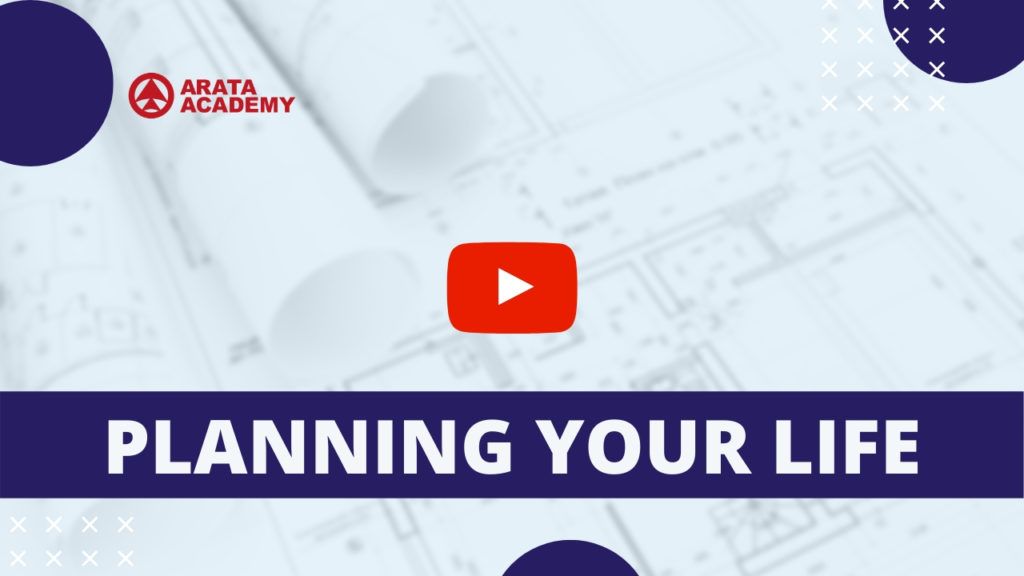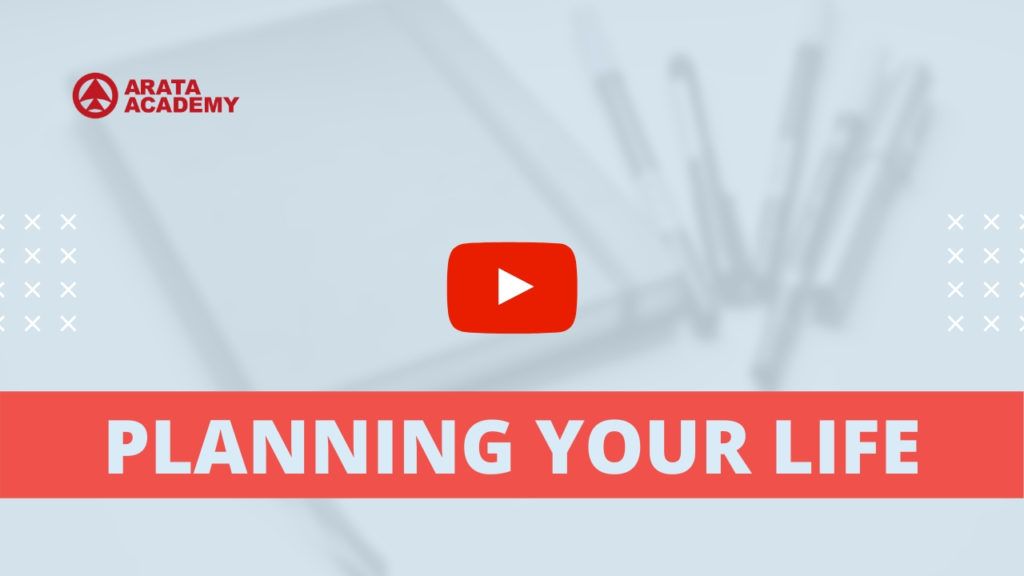Hello! Seiiti Arata. If you’re feeling anxious about not knowing what your purpose is, or struggling to decide what to do with your life, know that you are not alone. On the one hand, we all want to make the right decisions to avoid wasting precious years of our lives following the wrong path. On the other hand, finding your true passion, or your purpose in life can seem very hard. And do you know what happens when you don’t know your purpose in life?
Decision fatigue. Analysis paralysis. Burnout. These are three different names we use to explain the pain associated with making decisions day to day. And this pain gets even worse when the decision has to do with something as important as what to do with your life, or discovering your passion, or purpose.
Deciding is tiring. You know when you need to make a decision, don’t know what to do and end up doing nothing? Or when you decide something…and then keep wondering if you’ve made the right decision?
That’s why we’re going to talk through a few strategies to improve your decision-making process, especially for the most important decision of all : deciding what to do with your life, how to find your passion and your purpose.
Deciding on your purpose should help, not hinder you.
We’re more and more aware of how important it is to find a purpose in life. To live on our own terms, and why not, do what we really love for a living. The idea behind your life purpose is very attractive. Who doesn’t want to have a strong calling and invest all their time and energy into accomplishing their mission?
There are many techniques that promise to help you find your purpose. But if you’re searching for techniques to find out what to do with your life or to find your purpose in life, it is very possible that you lack clarity on your mission.
Some people already have great clarity on their life’s mission. That clarity usually comes to them while they’re involved in a social, political or educational cause. They could be someone with a special talent for a sport, an art form or a specific job. It could even be that they have a really interesting hobby and they dream about turning it into a full-time job.
But there are also people who don’t have such a clear sense of their mission. People who divide their attention across different interests. Or who like to change their main interests around every so often. Or who still want to try out lots of different options before settling on one great mission.
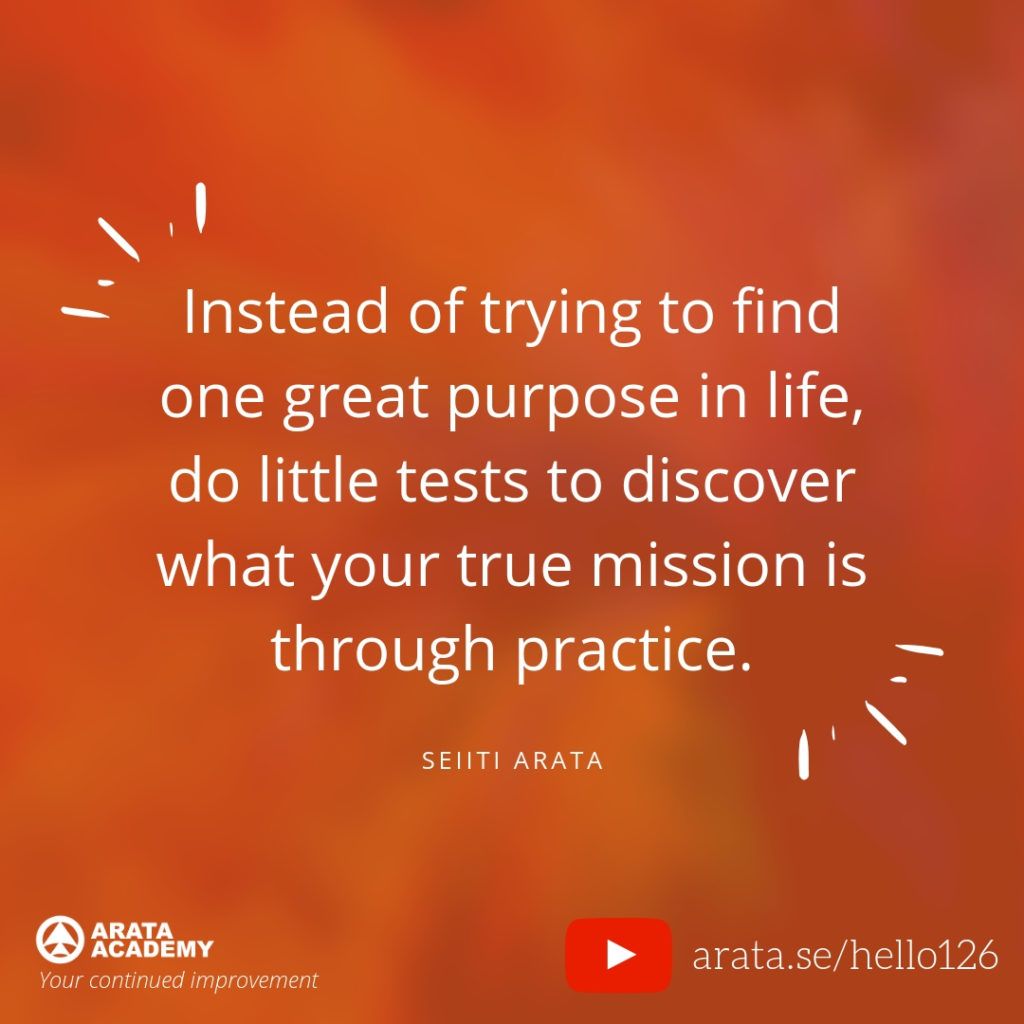
So here’s the first big idea we need to bear in mind: deciding on your life’s purpose should help, and not hinder you.
Forcing a choice on your life’s purpose can end up having the opposite effect to what you’re seeking. Instead of feeling motivated and energized, you might end up feeling anxious or trapped if you’re forced into a decision.
That’s what’s known as decision fatigue. It’s a concept that says that we lose a little energy for every decision we make. The more decisions we have to make, the less energy we have.
Decision fatigue can occur if you have to make lots of decisions every day… and also if you have to make a big decision, like defining your purpose in life.
So, if you still don’t have a clear sense of your mission in life, it might be best to stop trying to make a decision for now. Just to reiterate : deciding on your life’s purpose should help, and not hinder you.
Sometimes, the best thing to do is to follow your intuition and experiment with different options until you come across something you really identify yourself with.
Having to make a decision when you’re not ready can petrify you and cause anxiety. That’s what’s known as analysis paralysis.
Analysis paralysis prevents you from moving forward.
That’s our second big idea: use your head, but don’t let your head use you. Your thoughts and rational abilities should help you progress. Avoid the opposite outcome. Avoid the negative effects of overthinking.
I’ll give you an example of what it means to overthink:
Let’s say you want to open a pizzeria. Opening a pizza place isn’t very hard. Nearly every town has a few pizza places, which were opened by people who are probably no more qualified than you are.
However, when you start to overthink it, you can easily get analysis paralysis. If you start to overdo the planning and imagine all sorts of possible problems, your brain will soon get in the way.
You’ll start asking yourself things like: How do I install an oven? How do I hire a pizza chef? How can I set up a delivery team? How can I buy the ingredients? How do I manage my stocks? What will the menu look like?
There are so many questions that can come up that, if you’re not careful, years and years might go by without you doing anything at all. Nothing but think, stressed out, worried, petrified, trying to analyse every possible scenario.
Analysis paralysis is a trap we fall into when we ask ourselves how to do a given thing…and end up not doing anything when faced with so many options.
Analysis paralysis doesn’t just happen when we try to open a pizza place. It can happen with any kind of project, decision making process and also when you set out to find your purpose. In the search for your life’s mission, analysis paralysis occurs when you get into the headspace where you keep asking yourself different questions about how to get to that purpose.
Cultivate presence and solve one problem at a time.
Did you get that it’s a mistake to overthink and end up paralysed ? However, remember that to overcome analysis paralysis we want to stay cautious. It’s always good to plan things out properly. And planning properly means planning just enough: by dealing with one problem at a time.
If you think you still don’t have much clarity on what you want to do with your life, just follow a general direction for now. No need to go into too much detail yet. That’s exactly how you’ll find your passion: by staying open and attentive, cultivating your presence.
Being fully attentive and cultivating presence means you stop being overly worried about the future and start paying more attention to what’s going on here and now.
By living fully in the present you can finally attain greater clarity on what you like and what you don’t like. This self-knowledge is necessary to develop your vision for the future. The vision of what your ideal life looks like, where you are fulfilling your purpose.
The opposite of cultivating presence is cultivating fear of the uncertain future. When you feed your fear by asking countless questions and panicking, you immediately close off creative possibilities. Your brain goes into fight-or-flight mode, and starts looking for problems. Your creativity is wasted on figuring out escape routes from catastrophic scenarios you’ve imagined.
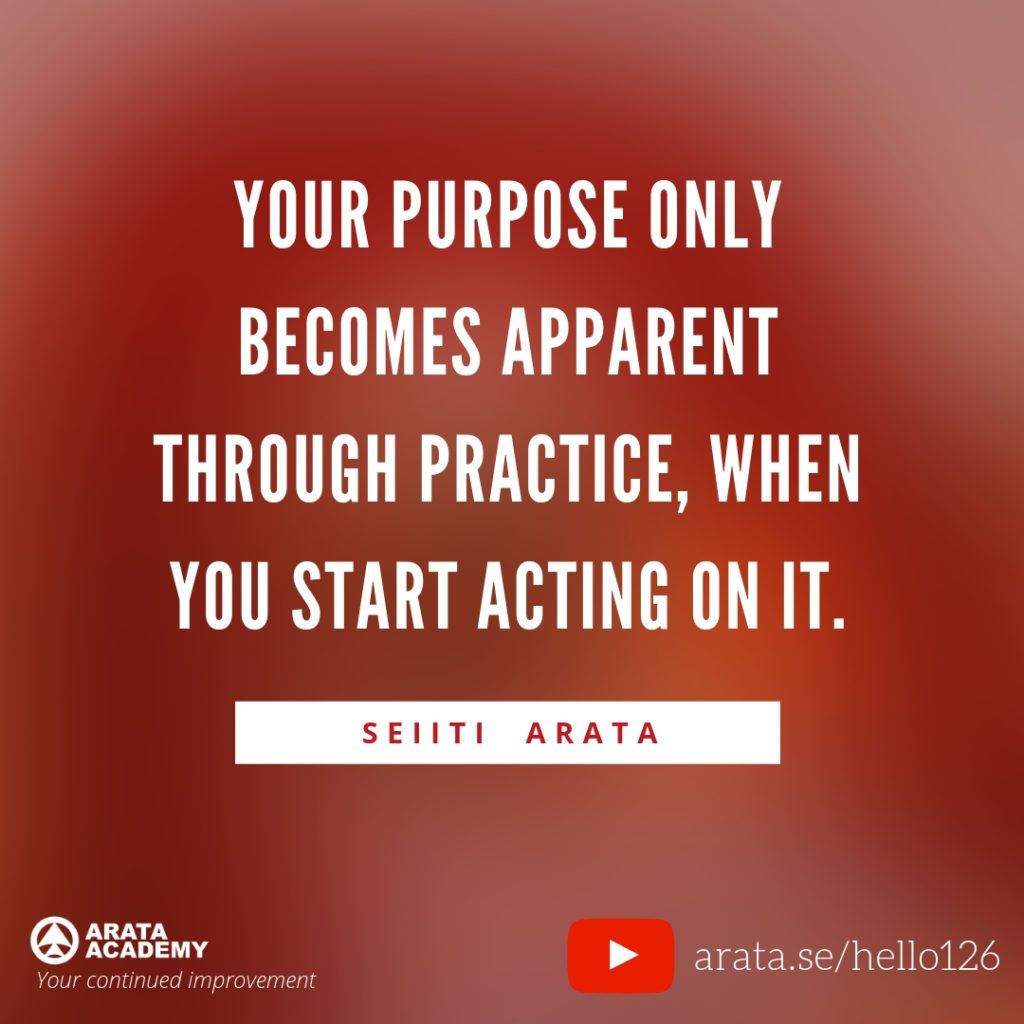
And that’s why it’s a mistake to stay paralysed and overly worried about how to deal with every last detail. Don’t try to solve problems that don’t even exist yet. Do one thing at a time. Cultivate presence. You’ll solve your future problems as they arise. Keep moving forward, one step at a time. Don’t wait till you have a perfect plan to take the first step.
Now I’m going to share with you an easy way of thinking that will help you to keep moving forward.
First you need to act. Then opportunities will arise. Not the other way around.
Some people spend their time waiting on an opportunity to come up so they can act. That’s not how great opportunities come up. The great opportunities in life only come up AFTER you’ve decided to act.
To act and break out of analysis paralysis, I like to imagine I’m in a maze. I know where I am and I have a vague idea of where I want to get to.
In front of me, there are only a few first doors I’m going to choose to open. Behind each one of these doors there are multiple hallways with many more doors waiting to be opened ahead. But those doors aren’t accessible to me just yet, so it makes no sense for me to worry about them now.
First, I’m going to open the doors I can access. Then, I’ll explore the hallways these doors have opened up for me. And when I hit new doors ahead, I’ll make new choices.
In other words, I’m only going to worry about the problem at hand and leave the other matters to be resolved till later. This allows me to act and keep acting, non-stop. And the more I act, the more opportunities come up. The more doors come up ahead for me to open.
The mistake most people make is to want the perfect solution for every part of the maze…without moving ! That’s impossible. That’ll only hold you back. Drain you of your energy until you get burnout, which is a useless form of mental exhaustion.
To find your passion, you need to start by opening the doors available to you now. You need to act, and live out your life fully within your current possibilities. A little way along, you’ll realise that you need resources and people to support you on your way.
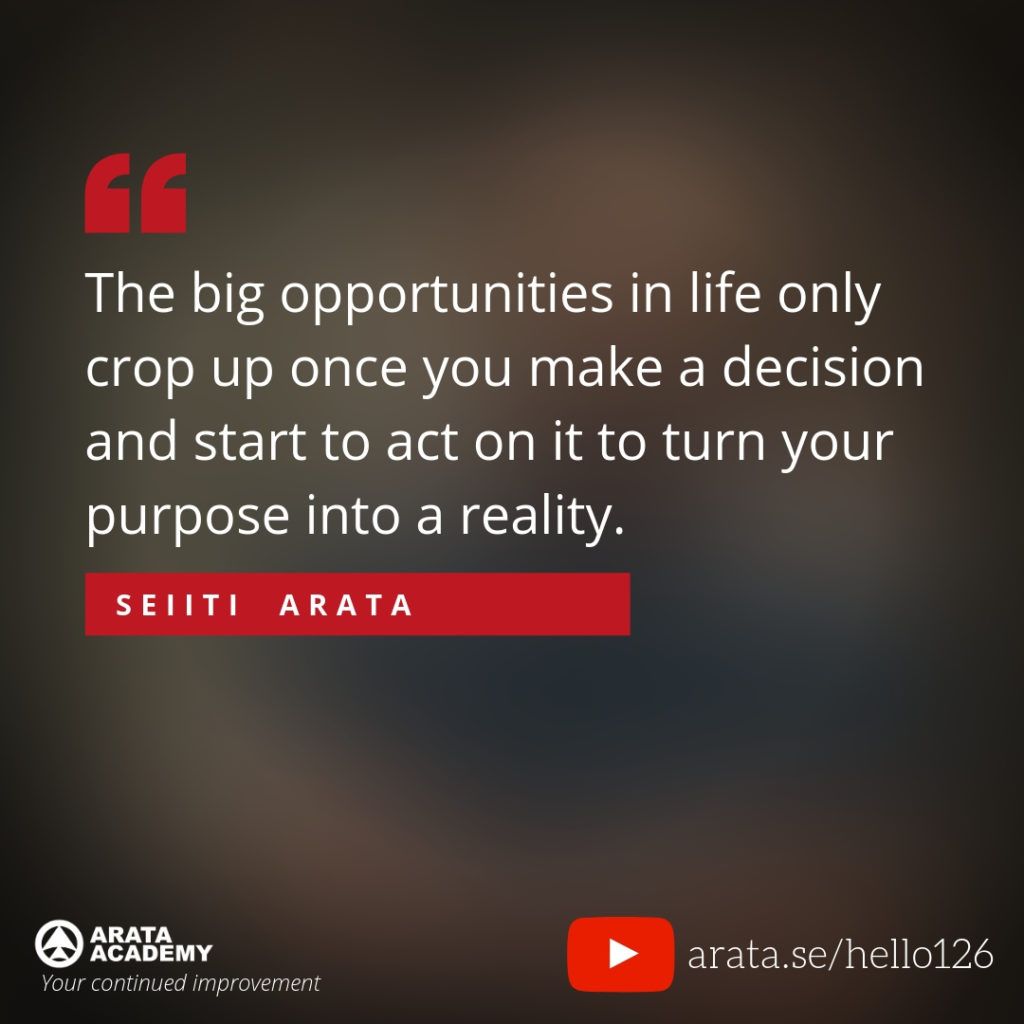
That network of resources and contacts will only grow when you’re already living out your purpose. Not the other way around. Don’t fall into the trap of thinking that you need your network of contacts and resources before you can start acting on things.
I’ll give you an example, if you like. Picture a young physiotherapy graduate who wants to find out what to do with his life. At this point, this young physio can’t identify himself as a musician, entrepreneur or teacher…all he’s got right now is his physiotherapy degree. So that’s the first door he decides to open. And so he starts to tell people around him that his current mission is physiotherapy.
Little by little, he starts to meet clients, helpers, colleagues. He’ll get to know different clinics, equipment suppliers, accountancy and administration firms. And as he goes on opening doors in his daily work, he starts to mature. He might start to realise that he is most interested in cases connected to road accidents, for instance.
And among the different types of road accidents that can occur, he might find it necessary to specialize even further. He might,for instance,decide to specialize exclusively in shoulder problems.
Maybe today you’re not one hundred per cent clear on wanting to be the physio who specializes in shoulder injuries sustained in road accidents. Maybe the only thing you know today is that you want to be a physio. And that’s ok. That’ll be your first door in the maze.
Once you’ve opened this first door and decided on a professional sector, you need to take the next step. In your daily work, you need to become the most generic professional to start out, then, as the days go by, you’ll begin to gain clarity.
You’ll start getting closer and closer of the specific niche that brings you the greatest satisfaction, and to which you can contribute better than anyone else in the sector. Where you can bring a unique value and serve your clients. That’s your purpose,and you’ve found it through practice.
Only practice will tell if you’ve chosen the right purpose.
You came here looking for techniques to find your purpose, to find out what to do with your life. And here’s the best technique of all: it’s called practice. Only daily practice can tell if what you’ve chosen really is your life’s mission. Your decision will only be validated through your day-to-day routine.
To go back to the physio example, maybe after a few months working in that sector, he realises that he doesn’t enjoy having daily contact with his patients. He might prefer to learn programming and develop management software for physio clinics. But it’s only through practice that he’ll discover what he likes and dislikes.
Always ask yourself what you can learn from your current situation. If you feel you’re not working towards your purpose but can’t decide what that purpose should be, at least ask yourself what you can learn from this challenge. What is it you don’t like to do? What are the new possibilities of other things that you might prefer to do?
Unfortunately, a lot of the time we only complain without making a change. We make the same mistakes over and over again until we learn our lesson. Instead of wasting time like that, try to learn from every bad decision you make. This will strengthen your decision-making process and make you more immune to decision fatigue.
Don’t decide on a purpose based on money alone.
Another mistake a lot of people make when they’re deciding on their life’s purpose is to only look at their financial prospects. Do you know anyone who decided to become a doctor, lawyer or engineer just because they believed those jobs paid well?
To decide based on purely financial parameters is a surefire way to be unfulfilled at work. And it’s very likely that a dissatisfied professional will have trouble doing a good job and so, paradoxically, will also have trouble making money.
Is that the case with you, by any chance? Could it be that you’re currently working a job you don’t like, but need in order to pay your bills? If you’ve noticed that you’re doing something you don’t like, congratulations: that means you’re taking action. You’re cultivating enough presence to realise that you’re doing something you don’t like. You’re discovering that this isn’t what you want to live your life for.
To go back to our maze analogy, treat this like one of the first doors you opened. Now, you have to keep going and not get stuck where you are right now.
Take advantage of already having a job that pays your bills to continue thinking about the next doors you’re going to open. Naturally, you’re going to use financial criteria to guide your decision, but they can’t be your only criteria.
When you’re able to work towards your purpose, you have a greater chance of becoming a motivated, engaged and extremely competent professional. That kind of professional is very rare on the job market, and very well paid as a result.
Do little tests to decide on your purpose.
Taking into account everything we’ve covered so far, remember that instead of trying to find out what your life’s purpose is once and for all, you need to be open to experiences.
For instance, let’s say you have a hunch that it might be best to quit your career as a lawyer to become a gardener.
Remember that practice is key. You need to open doors. To do that, take time out and reflect. Ask yourself honestly what you’ve done about this so far. And remember, doing and sitting there thinking, with analysis paralysis, are two different things.
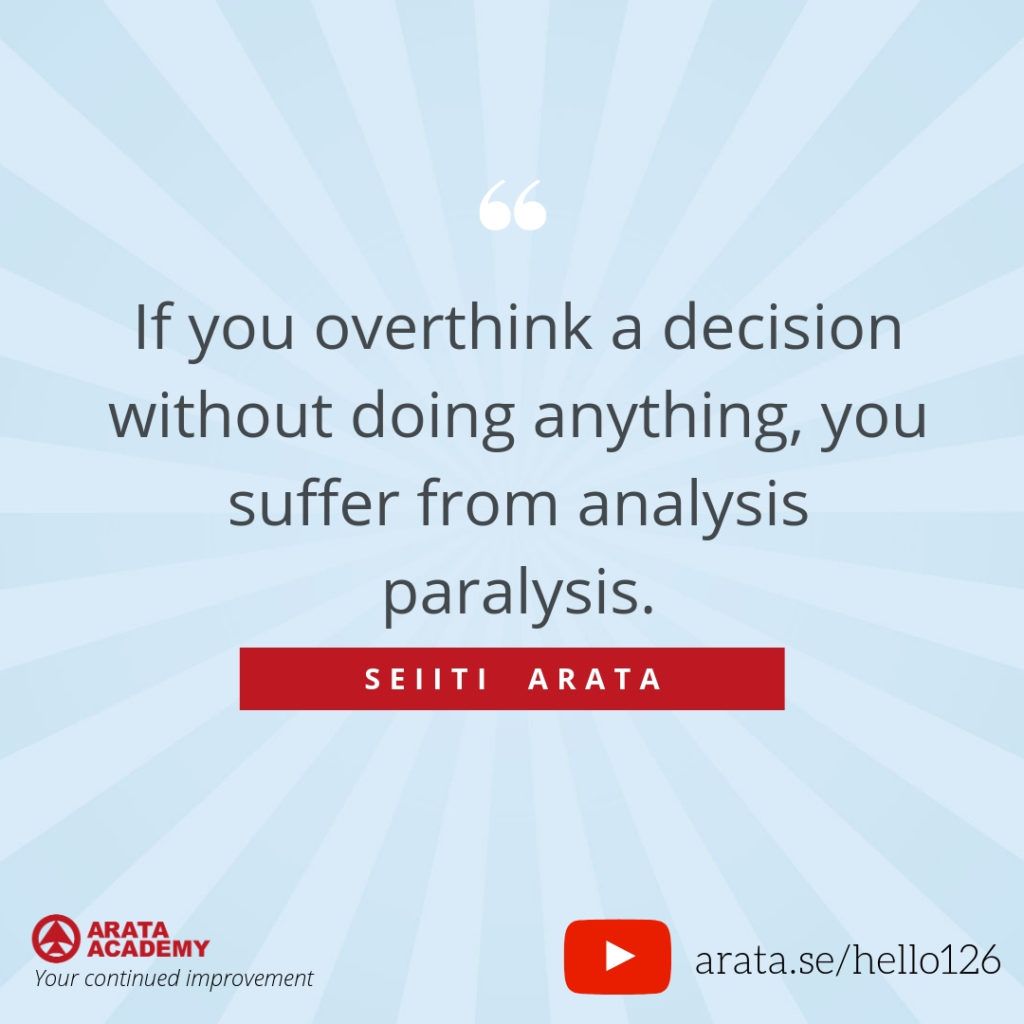
What have you already done to experiment with gardening? Have you ever tried planting something at home? Have you done any courses? You’ve got to open doors by gently doing these little experiments.
I’m not saying you should pack in your career as a lawyer straight away to dive into the world of gardening. But you can try things out, dip your toe in, and see what works and what doesn’t work.
That’s how you’re going to open different doors strategically to uncover different ways forward. And actually, this technique that I’m sharing with you comes from the world of agile entrepreneurship.
It’s very common for agile organizations to carry out multiple trials with variations of their product or service, with a quick, low-cost execution. Since the organization has no way of telling the future or gauging the state of the market, it wants to create a simplified version of its products or services and offer them up to the public to gauge the degree of interest.
If there is interest from the customers, the organization goes ahead and develops the product. If there isn’t, the organization carries out another trial until it figures out what people really want. And you can do the same thing as these organizations when you’re making decisions about your future, your career, your purpose. Don’t try to predict the future and put all your eggs in that one basket. Try out different options instead.
See how you feel about it, see how you do when you perform that task, see how much you can give to other people. That way you get to see if you’re good at that particular mission, if others need your help, and if that task is really motivating for you.
While you might want to experiment with different things, you also need to be committed. You’ll keep going in the maze, regardless of the results you get.
That commitment doesn’t stop you from changing direction. Never forget that your biggest commitment is to your purpose, your mission. Your perception of the path to follow might change. But the most important thing is that you keep moving forward and don’t let frustrations paralyse you and prevent you from going on exploring the maze.
Discovering your passion and deciding on your life’s purpose is no easy task. Faced with so many options,you have to be careful to not suffer from decision fatigue, analysis paralysis or burn-out.
That’s why we looked at different concepts that can help you experiment and improve your decision-making process.
Put what you’ve learned here into practice. Find an activity that you do in such a state of focus that you lose track of time. When you find it, be present while you’re doing it, instead of thinking of the other available options. Focus is important to gain self-knowledge.
Don’t be afraid to experiment. Opportunities will arise when you start to act, not before then. Remember money can’t be your only criteria. Sometimes, you will only be able to start profiting from your passion after you’ve started acting on it consistently.
If your experiment doesn’t work out, be patient. Analyse what went wrong and learn from your mistakes to do another test. Repeat this process until you find your true mission.
The good news is that the Arata Academy has a new course called Planning Your Life. It’s a practical, step-by-step guide to help you find your purpose, set out your objectives, and draw up a list of actions you can effectively implement immediately. To find out exactly what I’m talking about, go to https://arata.se/planningyourlife
